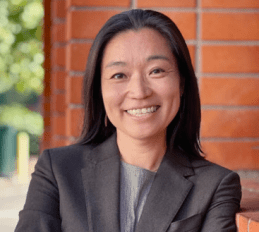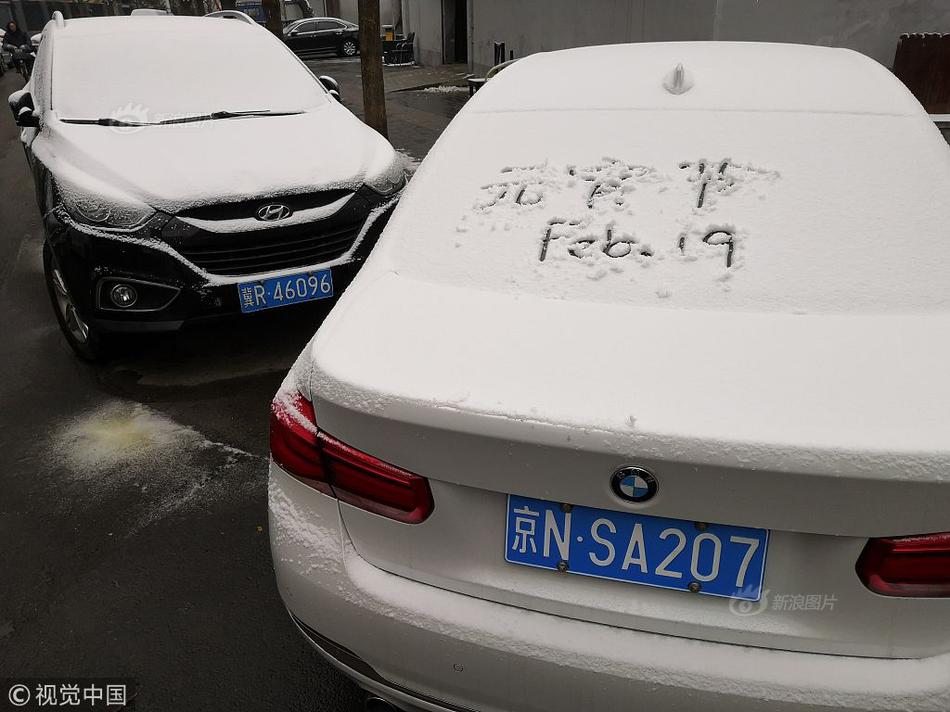【free video-norma stitz sex-xvideos.com.?】‘Tadaima,’ Community Virtual Pilgrimage, Oct. 11
Japanese American Memorial Pilgrimages (JAMPilgrimages) is free video-norma stitz sex-xvideos.com.?commemorating the 80thanniversary of Executive Order 9066 with “Tadaima,” a series of online programs.
“Tadaima” is a Japanese expression used when one returns home.
Words of Welcome from Friends of Minidoka: “We are excited to announce the return of ‘Tadaima,’ our community virtual pilgrimage. This year, we will be hosting ‘Tadaima’ from Oct. 11-18, focusing on the theme of memory. Now more than ever, it is important that we take the time to think critically about the histories we tell, the memories we preserve, and the lessons we leave for future generations.
“As always, both live and pre-recorded content can be found on our website (jampilgrimages.com), as well as registration for our memory loss Zoom session, Generational Zoom Groups, and one-on-one consultations with our volunteers from the California Genealogical Society.”
Note: Capacity has already been reached for the genealogy consultations.

? “Communicating, Caring, and Coping: When a Loved One Suffers from Memory Loss,” Thursday, Oct. 14, 1 p.m. HT, 4 p.m. PT, 7 p.m. ET.
The onset of memory loss brings challenges to both the person living with it and their caregivers. This session will address dementia’s physical and psychological dimensions; how to best support and communicate with the person with dementia; and how to address the needs of their caregivers. Issues relevant to the Japanese American and wider Asian American Pacific Islander community will be discussed.

? Generational Zoom Groups,Sunday, Oct. 16, 10 a.m. HT, 1 p.m. PT, 4 p.m. ET.
Join casual discussions with others of your generation. Register for one of the following groups: Nisei/camp survivors, Sansei, Yonsei, Gosei, No-sei/Shin Nikkei.

? Q&A with Densho’s New Executive Director, Tuesday, Oct. 18, 4 p.m. PT, 7 p.m. ET.
Join Tom Ikeda, former executive director of Seattle-based Densho, as he hosts a town hall with the new executive director, Naomi Ostwald Kawamura (pictured). She brings a rare combination of experience in education, museums, nonprofit leadership, and a passion for Japanese American history and memory work.
FILMS
? “Namba”(45 minutes, 2022), directed by Emily Momohara, on Friday, Oct. 14, at 5 p.m. PT, 8 p.m. ET.

A coming-of-age journey in the midst of war and bravery, “Namba” introduces us to May Namba, a Japanese American woman incarcerated during World War II. It’s a portion of American history not often told.
We learn the story of May Namba, narrated by her granddaughter Miyako Namba. Beginning with the summer of 1941, she chronicles the bombing of Pearl Harbor and President Franklin Roosevelt’s Executive Order 9066, which sent Japanese Americans to prison camps, and the impact it had on those Americans.
May was incarcerated in Minidoka in Idaho, one of 10 such camps. We follow as May loses her job and her father is taken away.
Decades later, May, Miyako and other members of the Namba family travel to the Minidoka site. Miyako struggles to walk May’s journey. She imagines what she would bring with her in the limited luggage allowed, makes a mattress of hay in a horse stall for a bed, and visits many of the locations that shaped May’s life.
May goes on to lead a life of service, working collaboratively to create community events and spaces for healing and justice. She mentors many local youths who go on to become the leaders they are today.
May Namba’s patriotism, resilience, perseverance, and leadership are an inspiration for us all.

? “No No Girl”(2 hours, 2022), directed by Paul Daisuke Goodman, available Tuesday-Thursday, Oct. 11-13
In the middle of the night, before they are to be sent to camp, one family buries a secret in their backyard. 80 years later, a clue is discovered and what begins as a mystery soon turns criminal as a family of different minds try to come together to discover the truth of their past.
“No No Girl” is a story told from the generations of Japanese Americans who suffer to this day from the incarceration of their ancestors during World War II. In the wake of the bombing of Pearl Harbor, hundreds of thousands of Japanese Americans were, by executive action, evicted from their homes and sent to barracks in isolated camps, scattered across the country.
Many families, including the fictional one portrayed in “No No Girl,” couldn’t depart with some of their treasured possessions, so they buried them. After the war, Japanese American families returned to their homes to find them ransacked, destroyed, vandalized with racism and hate and sometimes even outright stolen. They had to start over again, and move on. In “No No Girl,” generations of Japanese Americans discover the existence of family heirlooms in a home that is no longer theirs. What it brings is more complicated than joy or relief because their place in history is complicated.
This film explore identity and family; nationality and pride. And watching our characters ask themselves: if it’s yours, is it really stealing?
Available Oct. 11-18:

? “Amache Rose”(28 minutes, 2022), directed by Billy Kanaly.
A rose grows in the high desert of Colorado, where it has no business growing. Planted 80 years ago by incarcerees of the Amache camp in Colorado.

? “Betrayed: Surviving an American Concentration Camp”(56 minutes, 2022), directed by Rory Banyard.
Discover the story of a group of Japanese Americans and their incarceration by the U.S. government during World War II. Through the compelling voices of survivors of Minidoka, a concentration camp in the Idaho desert, “Betrayed” tells a universal story about unjust confinement and the loss of civil rights.
Tadaima 2022 Steering Committee: Julie Abo, Erin Aoyama, Marcela Bator, Paula Fujiwara, Kimiko Marr, Monika Mizota, Nicole Tanner
Registration: https://www.jampilgrimages.com/tadaima-2022-welcome



